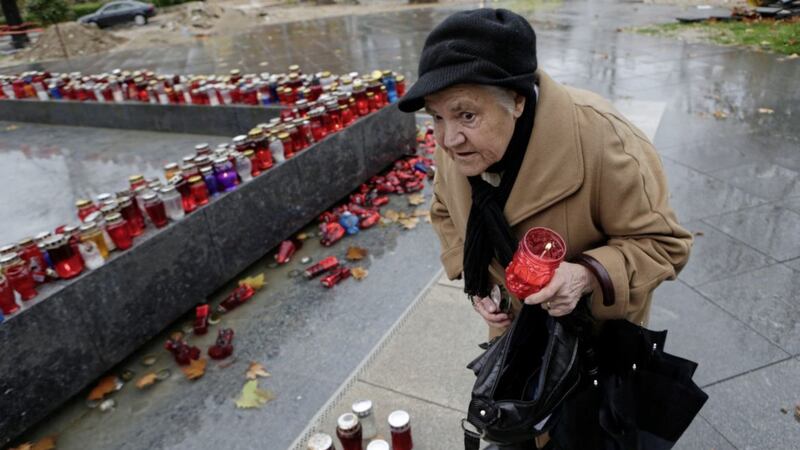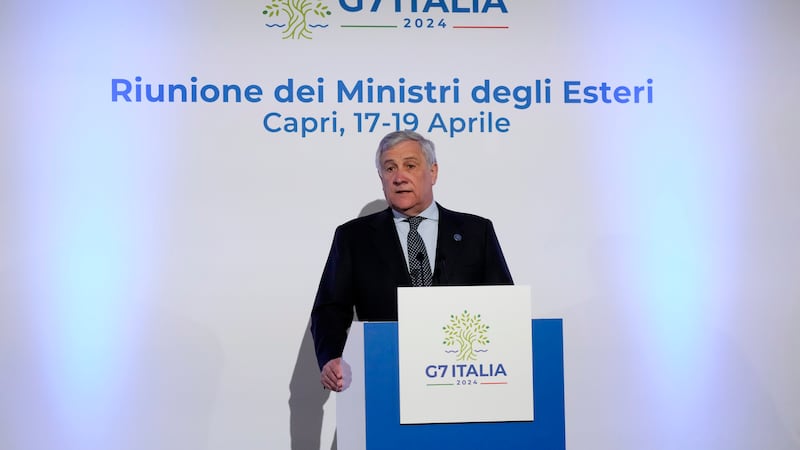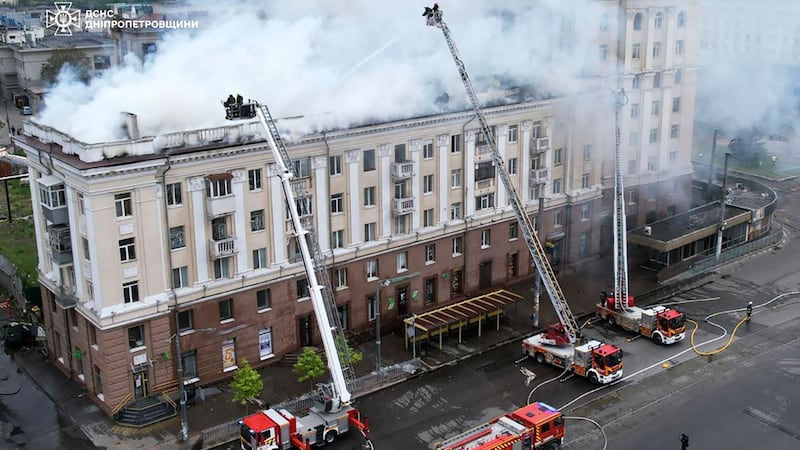Preliminary tests show that a container from which a former Bosnian Croat military commander drank in a United Nations court contained a deadly chemical, a Dutch prosecutor has said.
Slobodan Praljak stunned the International Criminal Tribunal for the former Yugoslavia on Wednesday when he gulped down liquid from a small bottle seconds after a UN appeals judge had confirmed a 20-year sentence against him.
The 72-year-old said he had taken poison and later died in a hospital in The Hague, Netherlands.
Dutch prosecutor Marilyn Fikenscher said "there was a preliminary test of the substance in the container and all I can say for now is that there was a chemical substance in that container that can cause death".
A postmortem examination is due to be carried.
Praljak was convicted in 2013 of crimes including murder, persecution and deportation for his role in a plan to carve out a Bosnian Croat mini-state during Bosnia's 1992-95 war.
Croatian prime minister Andrej Plenkovic said at the start of the Croatian government session on Thursday that the former military chief was "obviously shaken by the possibility he would be convicted" of war crimes.
Croatian politicians held a moment of silence for him and the victims of the conflict, saying "let the death of General Praljak be the last act of the war".
Croatia's president, Kolinda Grabar Kitarovic, said the nation has been "deeply struck in the heart" by Praljak's death and that he "would rather take his own life than live as a convict for the acts he firmly believed he hadn't committed".
He added that both Croatia and Bosnia were victims of an "aggression" from Serbia.








